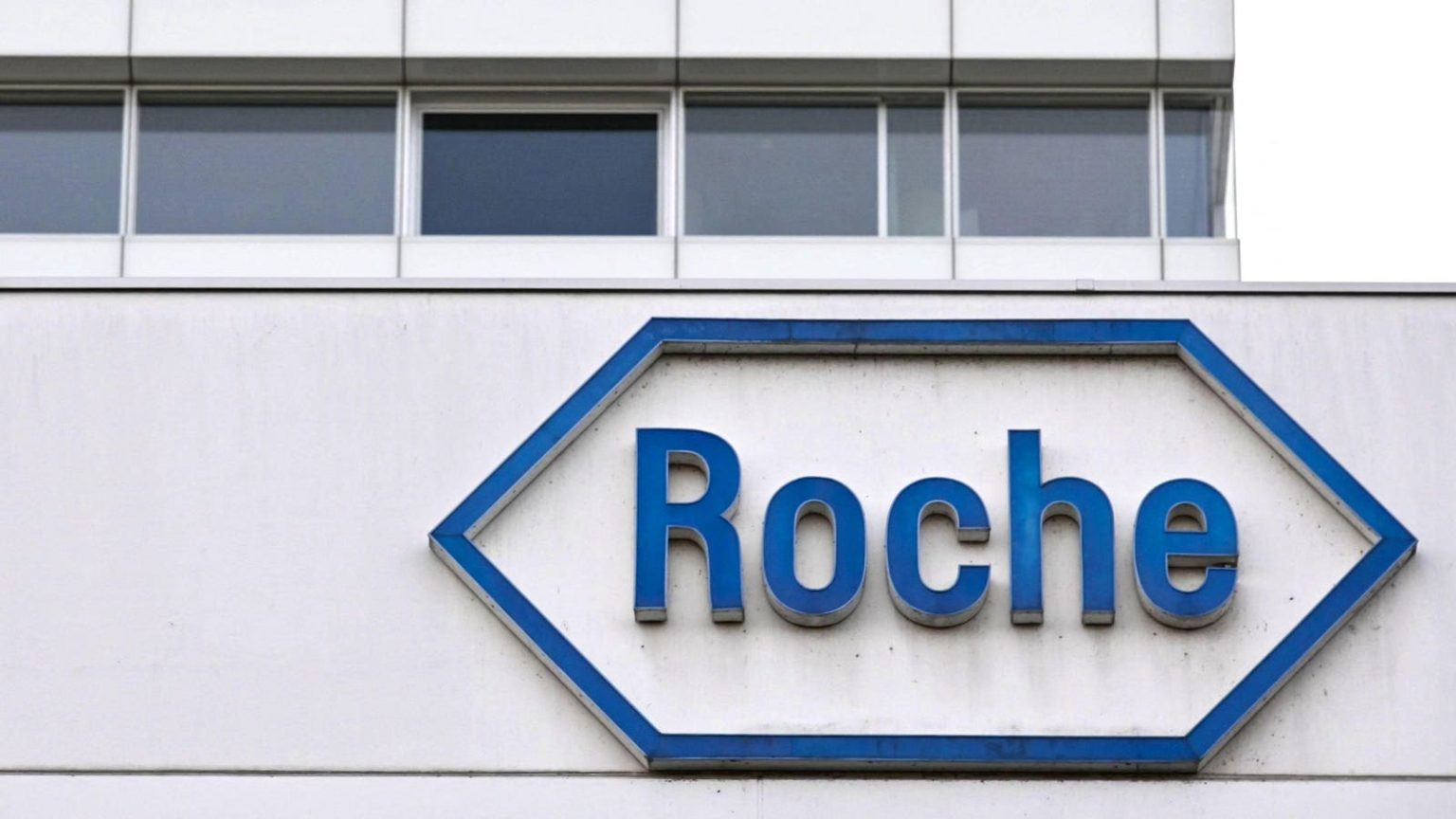Topline
Swiss pharma giant Roche on Monday said it would buy Telavant, an immunology company developing a promising treatment for inflammatory bowel disease, in a deal worth more than $7 billion, as the company tries to bolster its drug pipeline following a string of bruising late-stage failures last year.
Key Facts
The deal is worth up to $7.25 billion, Roche said, with an upfront payment of $7.1 billion and up to $150 million in a near-term milestone payment.
It will give Roche the rights to develop, manufacture and commercialize Telavant’s experimental antibody therapy, RVT-3101, in the United States and Japan, which has shown promise as a potential treatment for people suffering from inflammatory bowel diseases like ulcerative colitis and Crohn’s disease.
The majority of Telavant (75%) is owned by U.S. drug-development company Roivant Sciences, founded by Republican presidential nominee contender Vivek Ramaswamy, and American pharma giant Pfizer (25%), with the latter retaining commercialization rights for the rest of the world.
Thomas Schinecker, who took the reins as chief executive at Roche last year, said the antibody therapy has “the transformational potential to make a significant difference for patients living with inflammatory bowel disease,” adding that the company is hoping “to make it available to patients as quickly as possible.”
Roche said it is committed to launching a Phase 3 clinical trial for the therapy “as soon as possible,” referring to the large, late-stage trial that forms the final stage of development before regulators consider a new product, after promising data from earlier trials.
In its announcement, Roche said it also plans to work with Pfizer to develop a “next generation” antibody therapy for inflammatory bowel disease. The therapy is currently in early stage clinical trials, the company said.
What To Watch For
Schinecker said he hoped the therapy could one day benefit patients suffering from more than just inflammatory bowel diseases. As the therapy targets both inflammation and fibrosis, it could potentially be applied to multiple other diseases, Roche said.
Key Background
Roche has been keen to bulk up its pipeline after a series of bruising failures during later stages of development last year, including efforts to bring two Alzheimer’s drugs and a cancer immunotherapy to market. The setbacks came as the company lost billions in revenue from diminishing demand for its Covid-19 pandemic products in diagnostics and therapy. In September, Schinecker said the company is open to large acquisitions if they make financial and scientific sense. Should it succeed in late-stage trials and pass regulators, some analysts believe Roche could have a potential blockbuster drug on its hands with RVT-3101, according to news reports, referring to an elite group of products that generate sales of $1 billion or more annually.
Big Number
8 million. That’s how many people around the world are diagnosed with chronic gastrointestinal disorders, Roche said. In this category, which includes those with inflammatory bowel disease, around 80% of people do not experience lasting remission, Roche said.
Roche open to big acquisitions ‘if it makes scientific and financial sense’, CEO tells NZZ am Sonntag (Reuters)
How Vivek Ramaswamy Became A Billionaire (Forbes)
Read the full article here





